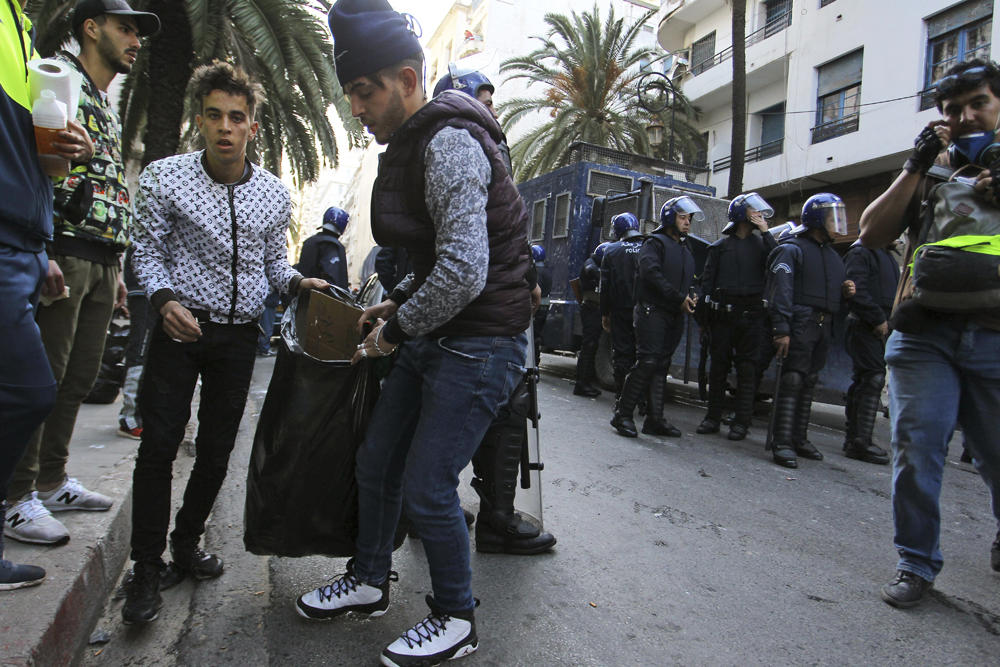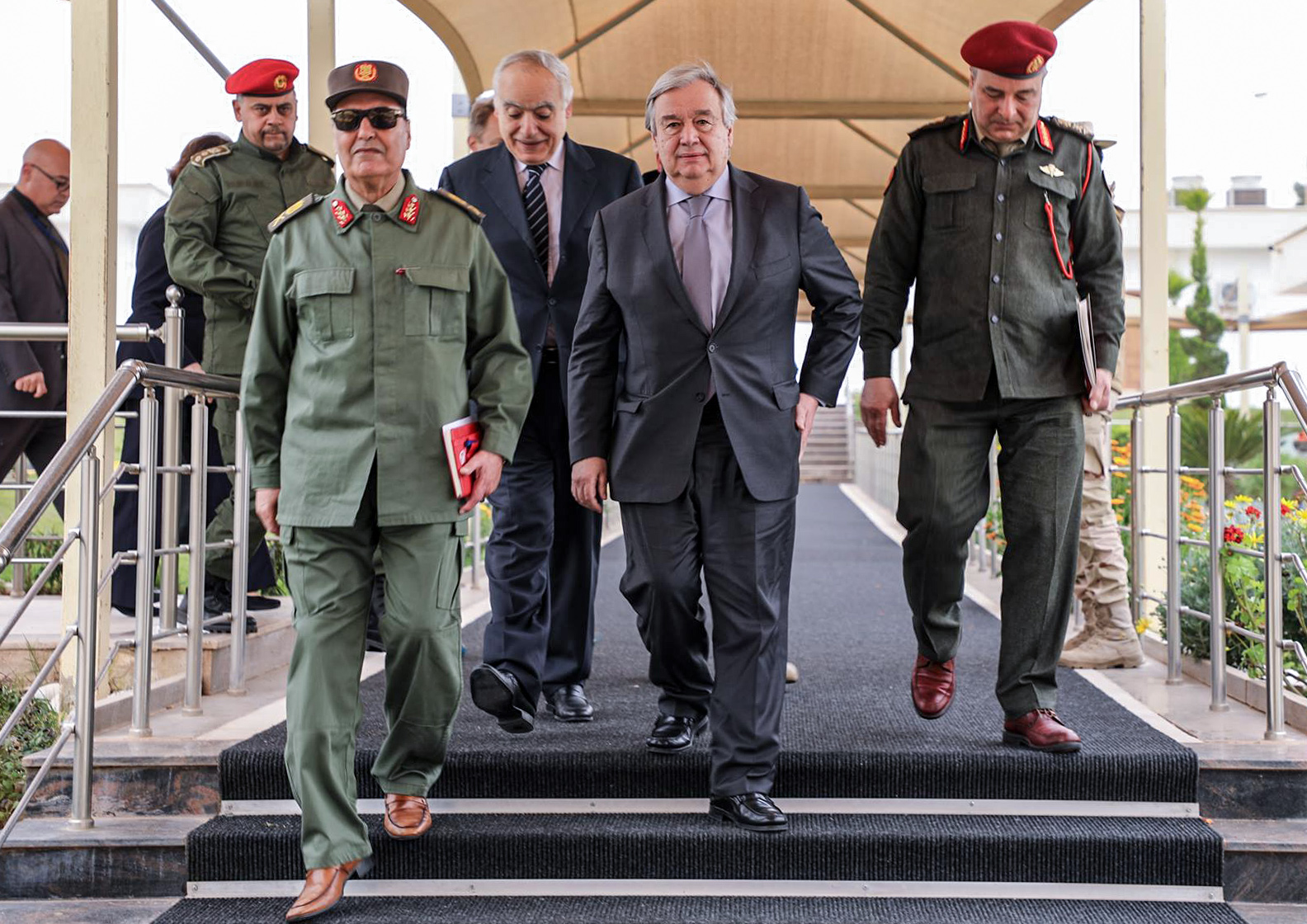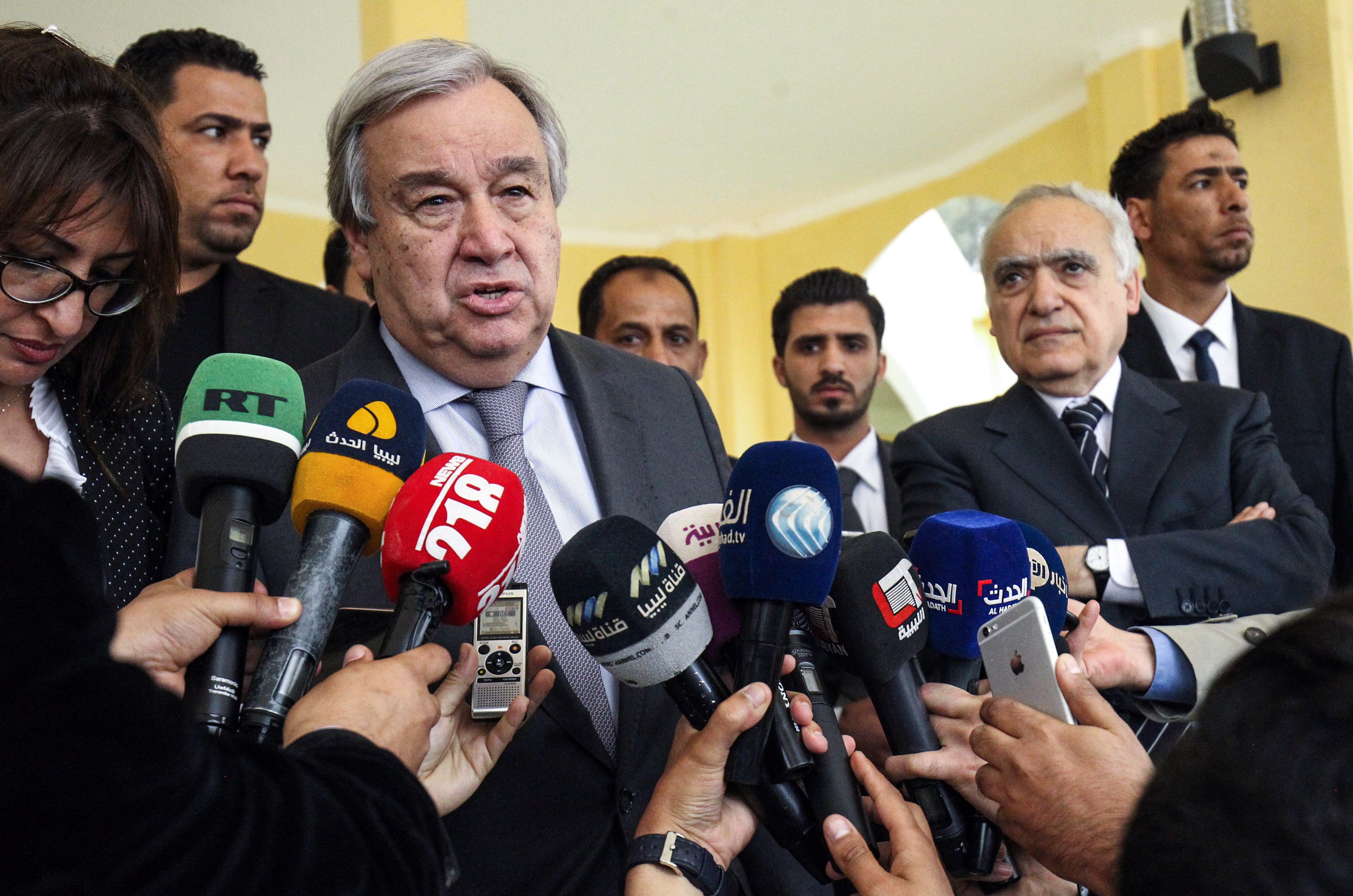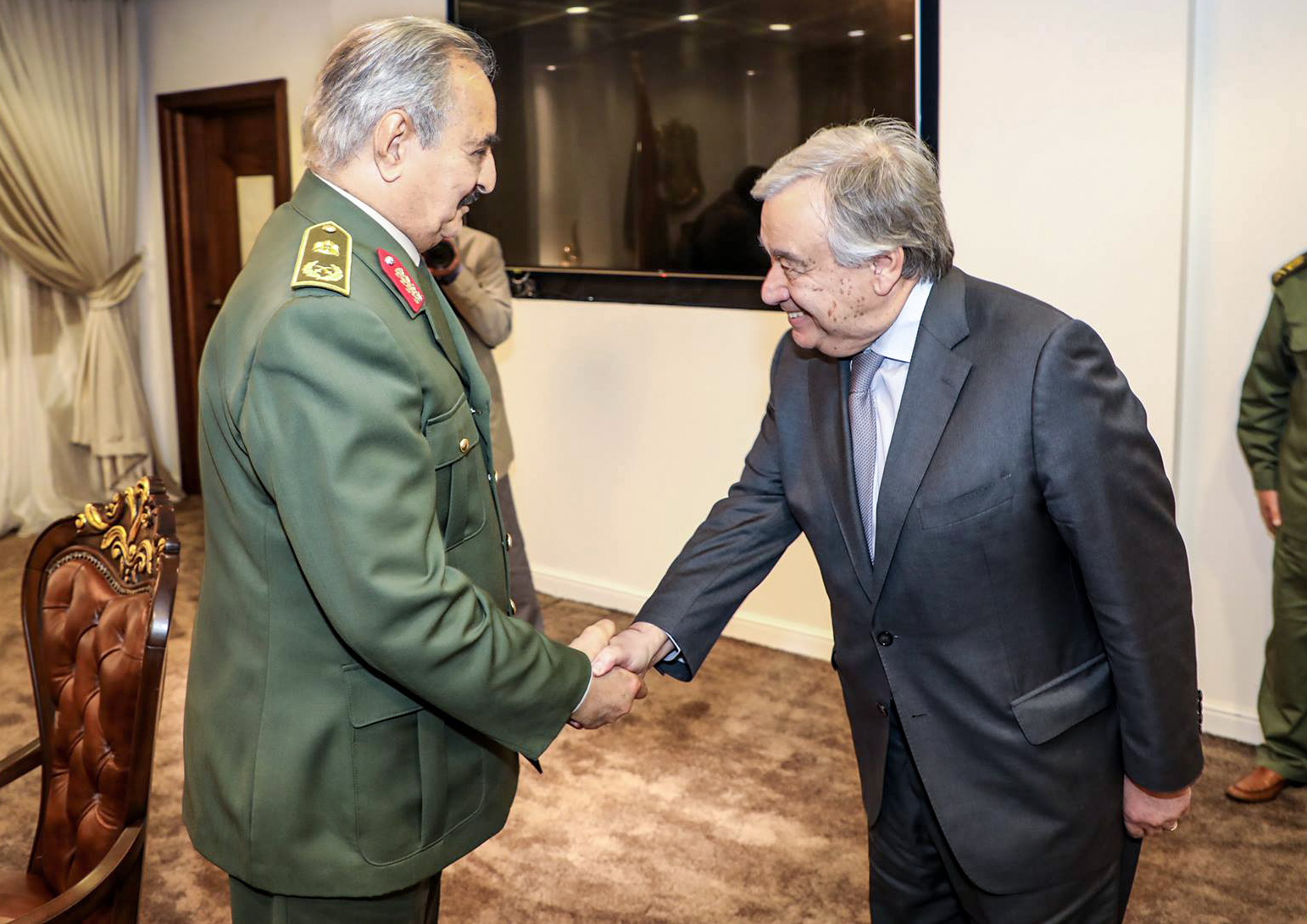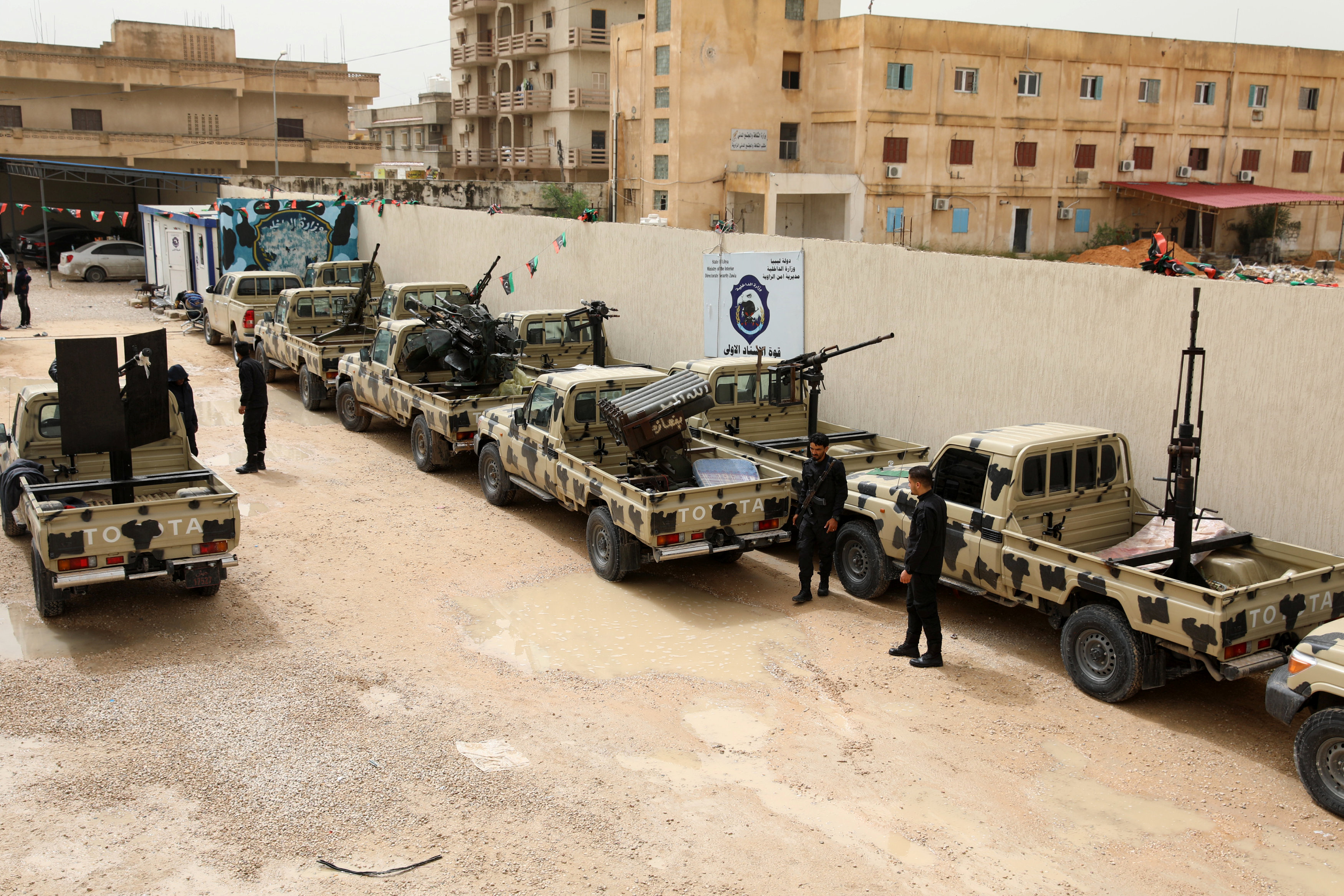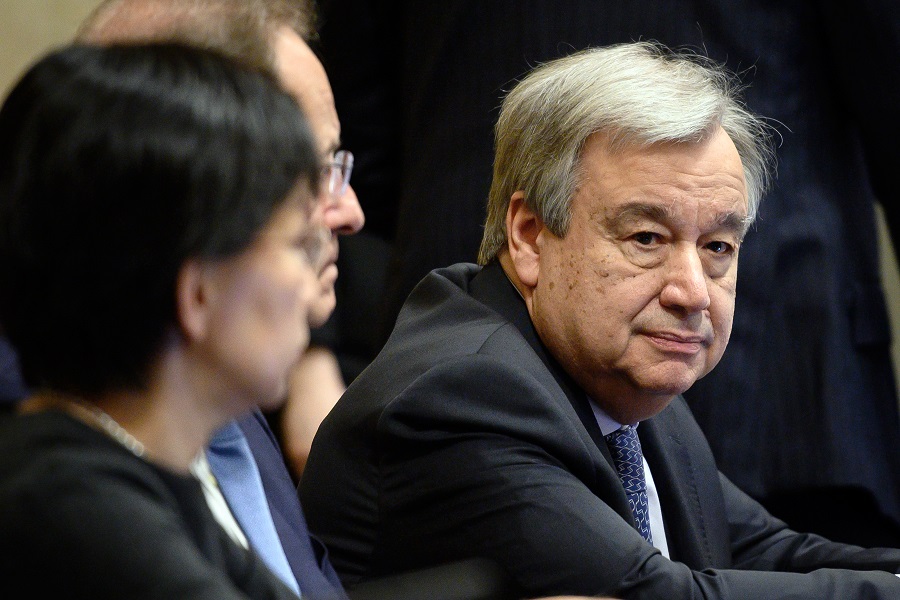Arab world comes to Ivy League
CAMBRIDGE, Massachusetts: The venue could not have been more “Ivy League” America, but the topics under discussion, and the thought leaders discussing them, could not have been more Arab.
The Arab Conference at Harvard, the largest Arab conference in North America, hosted by one of the most prestigious academic institutions in the world, began on Friday.
“This conference is actually very timely,” Amin Awad, director of the Middle East and North Africa bureau at the office of the UN High Commissioner for Refugees (UNHCR), told Arab News.

“It’s very important, and I think we should have more of this, because it illustrates that solutions can be found in discussion around issues of concern to youth today in the Arab world in regards to political, military and security elements … the whole massive movement of people, the phenomenon of these radicalized groups, which is really at the heart of the youth’s future.”
As the three-day “(Re)Imagining Home” conference began, Awad took part in a discussion on Arab refugees with Middle East analyst Ibrahim Al-Assil, Director General of the Institute for Palestine Studies Salma El-Yassir, and the communication and youth development specialist at Education Above All, Hani Shehada.
 “Millions of refugees are found in the Middle East in terms of internal displacement, 40 percent of the total number of 70 million displaced globally,” Awad said.
“Millions of refugees are found in the Middle East in terms of internal displacement, 40 percent of the total number of 70 million displaced globally,” Awad said.
“Those who left home as internally displaced refugees, from Syria let’s say, in 2011 when they were babies, today they are 8 (years old) and don’t have any sense of belonging to any area,” he added.
“Those who left at 8, today they’re 16. You can imagine moving from 8 to 16 with no education. Or if they left at 12 they’re 20 today. A lot of them lost a big part of their childhood, very important and formative years.”
Shaden Khallaf, a senior policy adviser at the UNHCR, chillingly summarized the refugee situation in terms of debate and discussion: “When it comes to talking about the movement of people, we’ve never been as polarized as we are today.”

A discussion on social media and influence, held before a packed room of students, considered how platforms such as Twitter and Instagram had replaced traditional media and allowed individuals to present themselves and their stories to the world.
Speakers Hadia Ghaleb, Karen Wazen, Ahmed Shihab-Eldin and Amy Mowafi urged the audience to “tell your stories.” Shihab-Eldin told students, who crowded around him afterwards: “Change is happening.”
Social media is allowing the Arab story, such as in Palestine and Syria, to come to Americans, who “are hearing more and more from us,” he said. “We’re changing people’s perceptions over time.”
Ghaleb, a marketing expert from Dubai and CEO of Ghaleb Production House, said social media had attracted many Arabs and was changing the traditional methods of marketing, presenting Arab culture in a different, more impactful way.

Mowafi, a communications activist from Egypt and CEO of the MO4 Network, said: “Social media is our greatest weapon to tell our story and change our narrative.”
Leading speakers at the event include American University of Beirut President Fadlo Khuri, and property tycoons Mohamad Hadid and Mohamed Morshedy.
Other panelists include Emirati Middle East art expert Sultan Sooud Al-Qassemi, Mashrou’ Leila frontman Hamed Sinno, BuildPalestine CEO Besan Abu-Joudeh and UN Commissioner Alaa Murabit.
Adel El-Adawy, a professor at the American University in Cairo, told Arab News: “It’s very interesting times in our region, so to see different people from the Arab community who are living abroad coming together — experts from various fields such as governance, health care and so on — to give their input on what’s going in the region, is fascinating.”
There will be discussions on refugees and human rights, influence and governance, and health care.

“The theme ‘(Re)Imagining Home’ speaks to every Arab,” the conference co-chair, Dina Masri, told Arab News. “It speaks to the Arab in their homeland trying to imagine a better future, the Arab-American who is working through questions of identity in their new home, and pushes both the Arabs in their homeland and the diaspora to discuss what home means to the millions of displaced Arab refugees in the region,” she said. “The conference is intended to empower Arabs in their homeland to continue to work toward a better future, as well as foster a sense of responsibility to the region in those who are part of the diaspora,” she added.
“We hope that through this conference, our attendees will meet others who are understanding of their identity struggles, and who will push them to do better for our part of the world.”
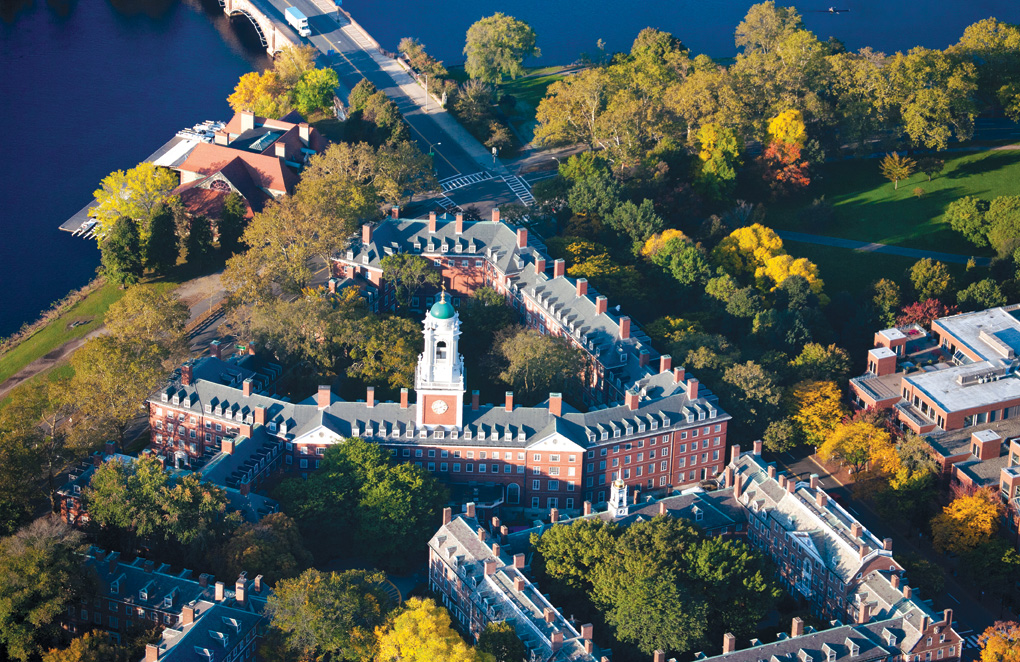
Arab refugees in sights of Berlin’s crime ‘clans’UN: Money or not, world cannot drop Palestinian refugees

